Seven new Monitor Farms bring whole-farm approach
Monday, 8 April 2019
The seven new AHDB Cereals & Oilseeds Monitor Farm hosts appointed in England this year bring a fresh, whole-farm approach to the scheme.
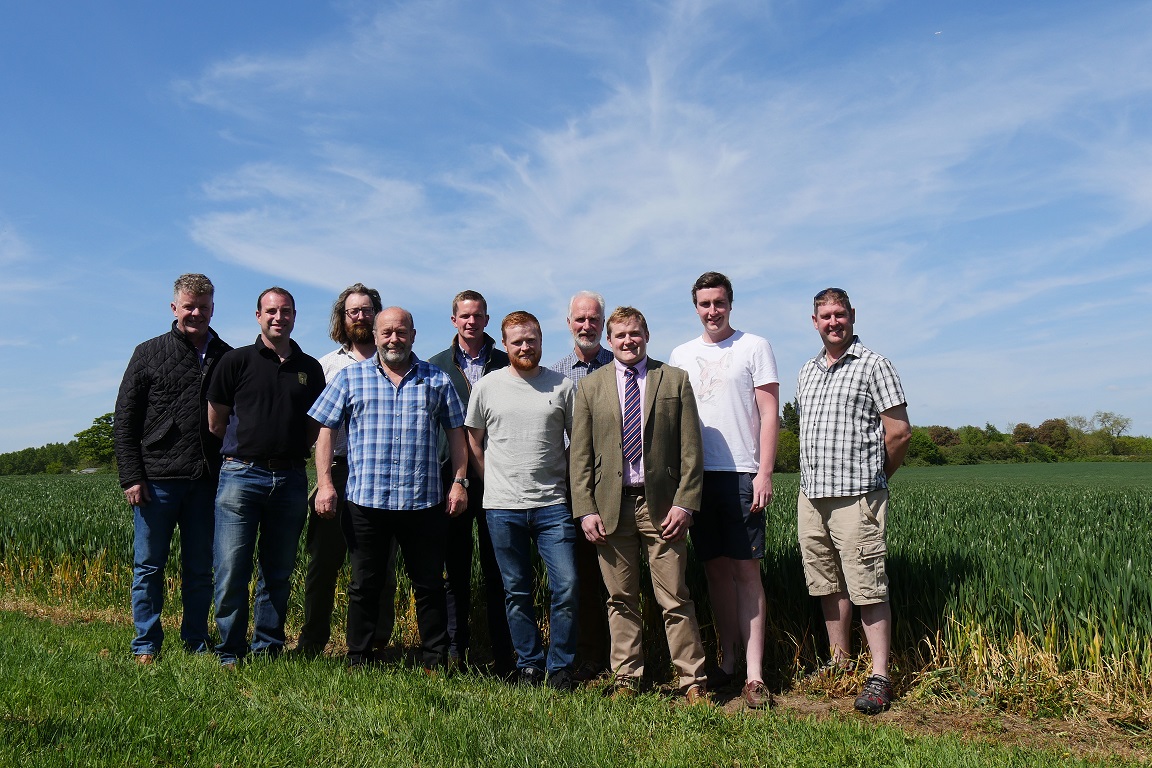
All seven of the farms have multiple enterprises including cereals and oilseeds, and all but one have livestock within the business.
Richard Meredith, AHDB Knowledge Exchange Manager, said: “It’s really important to look at the farm as a whole – especially at how the enterprises interact and benefit each other. In our technical discussions we’ll be focusing both on the arable side of the businesses, but where possible we’ll look into challenges that apply to farmers from a number of sectors.”
The seven family farms range in size from 190 to 765 ha, representing a range of soil types and cultivation methods.
The seven new Monitor Farm hosts are:
- Rory Lay, Park Farm, Loppington, Shropshire
- Ashley Jones, Smeaton Farm, Saltash, Cornwall
- Bill Web, Manor Farm, Hale Village, Cheshire
- Richard Ling, Rookery Farm, Diss, Norfolk
- Gary Shipley, Huggate Wold Farms, Huggate, Yorkshire
- James and Michael Parker, Sherwood Farms, Vale of Belvoir, Leicestershire
- William Smith, Beaute Farm, Canterbury, Kent
Meet the farmers

Canterbury Monitor Farm
William Smith farms with his father, brother and one other employee at Beaute Farm near Canterbury. Covering some 765 ha, of which 190 ha are owned, 100 ha are rented and the rest managed under varying contract farming agreements; the land features a variety of soil types including chalk loam, brick earth and marsh clay. William grows milling wheat, oilseed rape, beans quinoa and maize for a local anaerobic digestion plant. Alongside their crops the farm has a sheep and beef enterprise, straw and hay and property development businesses.
William wants to improve his net margins through reducing input costs, via an integrated farm and pest management approach; reducing his impact on the environment and supporting local biodiversity. Over the next three years William is keen to use the Monitor Farm programme to improve his farming methods and strategies, helping him to identify opportunities from the challenges ahead.
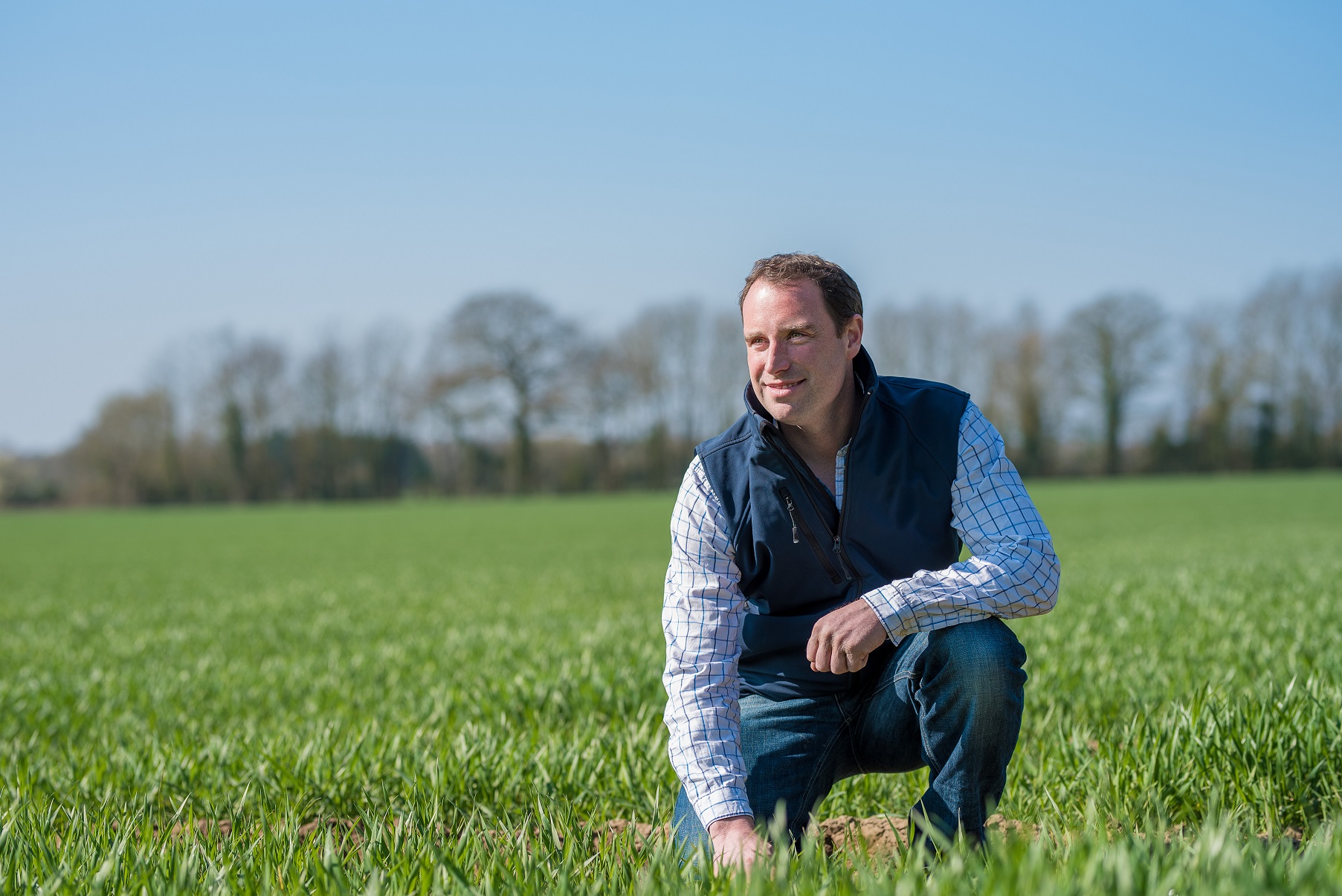
Diss Monitor Farm
Richard Ling farms 400 ha on varied soil types from sandy loam to heavy clay loams. His arable rotation, on 380 ha, includes wheat, oilseed rape, winter barley for feed or spring malting barley. The farm employs one full time member of staff and casual labour when required. Richard mainly operates a min-till system but assesses each field based on soil health. The farm also has a beef finishing unit for Morrisons, aiming to finish 150 British Blues per year; business and residential lets; and a self-storage business.
Richard’s ambition is to carry on building a resilient and profitable farming business, with a good work-life balance for all. Through being a monitor farmer, Richard is keen to learn with others and better understand the industry and the challenges facing it.
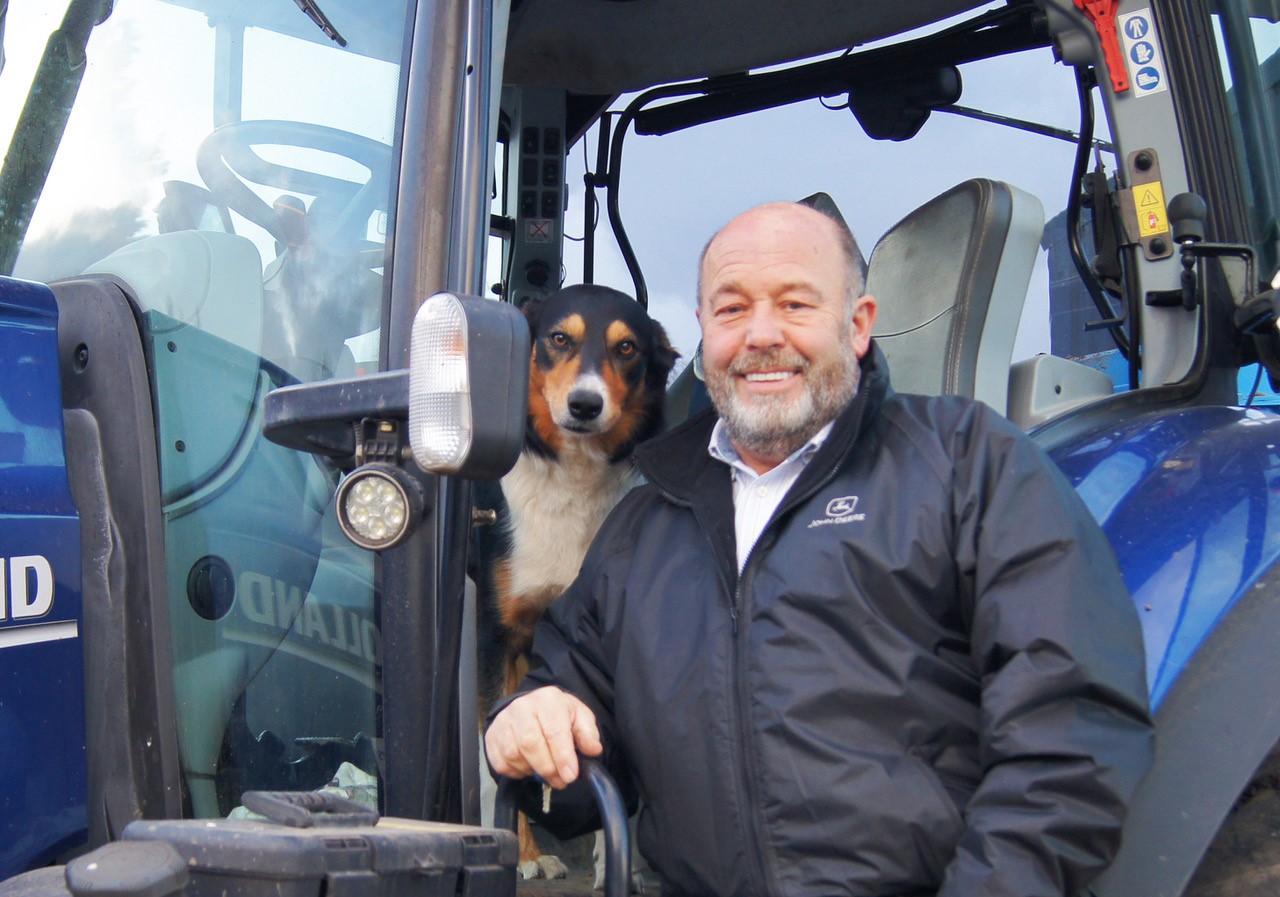
Hale Village Monitor Farm
Bill Webb farms with his son at Manor Farm in Hale Village, on the Mersey estuary. They grow potatoes, spring barley, winter barley, oilseed rape and wheat at the 417 ha farm, on a range of light to medium-heavy land. All but the barley is sold to customers within 20 miles of the farm – localism and strong links with the supply chain are key philosophies of the business. Ryegrass is the primary weed challenge at Manor Farm. Bill wants to keep learning and improving his farm, as well as bringing more locally-relevant research and knowledge to the North West.

Huggate Monitor Farm
At his 657 ha, high-altitude family farm on the top of the Yorkshire Wolds, Gary Shipley grows winter wheat for feed, winter malting barley, oilseed rape/spring barley, vining peas for Birds Eye, potatoes, using a plough-based system. He is starting to investigate using cover crops in the rotation for soil benefits and sustainable farming. Soils are calcareous silty loam soils stretching to heavier clay loam. As well as arable cropping, the farm also has 150 gimmer lambs on rough grazing in the dales and a relatively young suckler herd.
Gary wants to grow and improve the business while reducing his impact on the environment. And personally, his aim is to improve his skills, learn from others and increase his knowledge of modern farming practices.
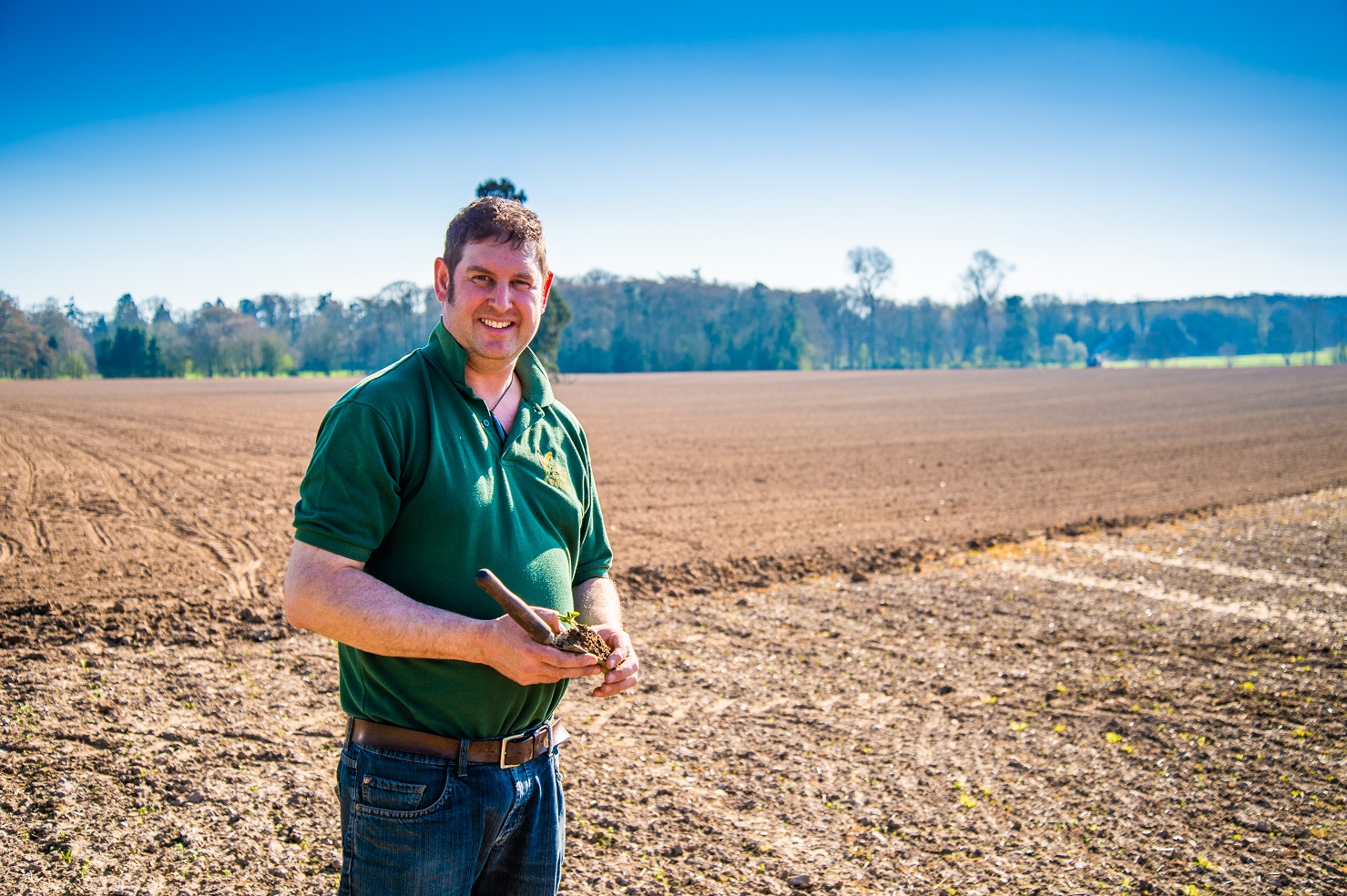
Loppington Monitor Farm
Rory Lay runs a 457 ha mixed family farm with cereals, sheep and beef. The arable rotation is based around the livestock, so includes a lot of turnips, fodder beet and maize. Rory recently converted the arable business to strip tilling which he says has given him huge cost savings, as well as improving the soil conditions. During the three years of the Monitor Farm programme he’d like to look in more detail at costs and benchmarking; health and safety on farm; soil health; and assessing the farm as a whole – livestock and arable together.
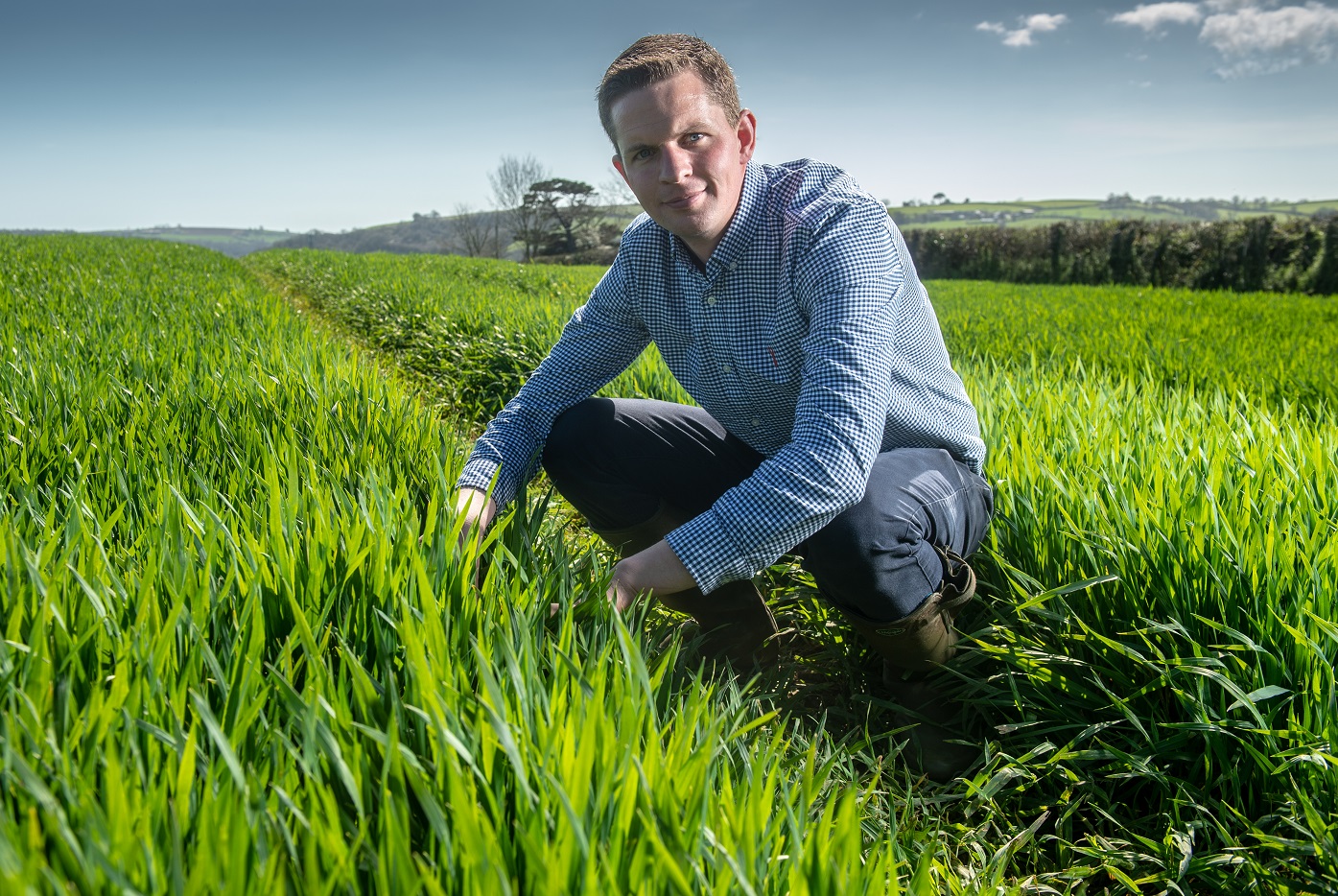
Saltash Monitor Farm
Ashley Jones runs the mixed 190ha Smeaton Farm, which is part of the Duchy of Cornwall estate. In partnership with his family, he farms 100ha cereals with maize and potatoes in the rotation, and has 200 head of beef and 200 ewes. Diversification activities on the farm include a bed and breakfast, maize maze, Christmas trees and agricultural contracting. During the three years of the Monitor Farm programme, Ashley wants to try new ideas, experiment and learn from others in the industry.

Vale of Belvoir Monitor Farm
Father and son team James and Michael Parker farm at Sherwood Farms in the Vale of Belvoir, Leicestershire. Their soil ranges from heavy clay to clay and sandy loam. James and Michael’s 560 ha increasingly flexible arable rotation includes winter wheat, winter oilseed rape, winter barley, spring barley, winter beans, winter triticale and spring linseed. Sherwood Farms is also home to 72,000 laying chickens, a mixture of free range and colony. The eggs are packed and sold onsite.
Both James and Michael want to increase the efficiency of their business and to produce crops as economically as possible. They are looking forward to comparing their business with other farmers facing similar challenges, identifying where improvements can be made.

